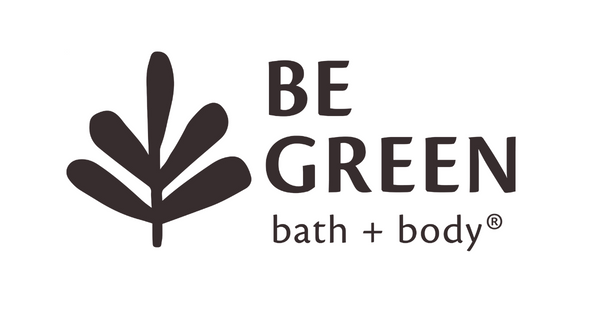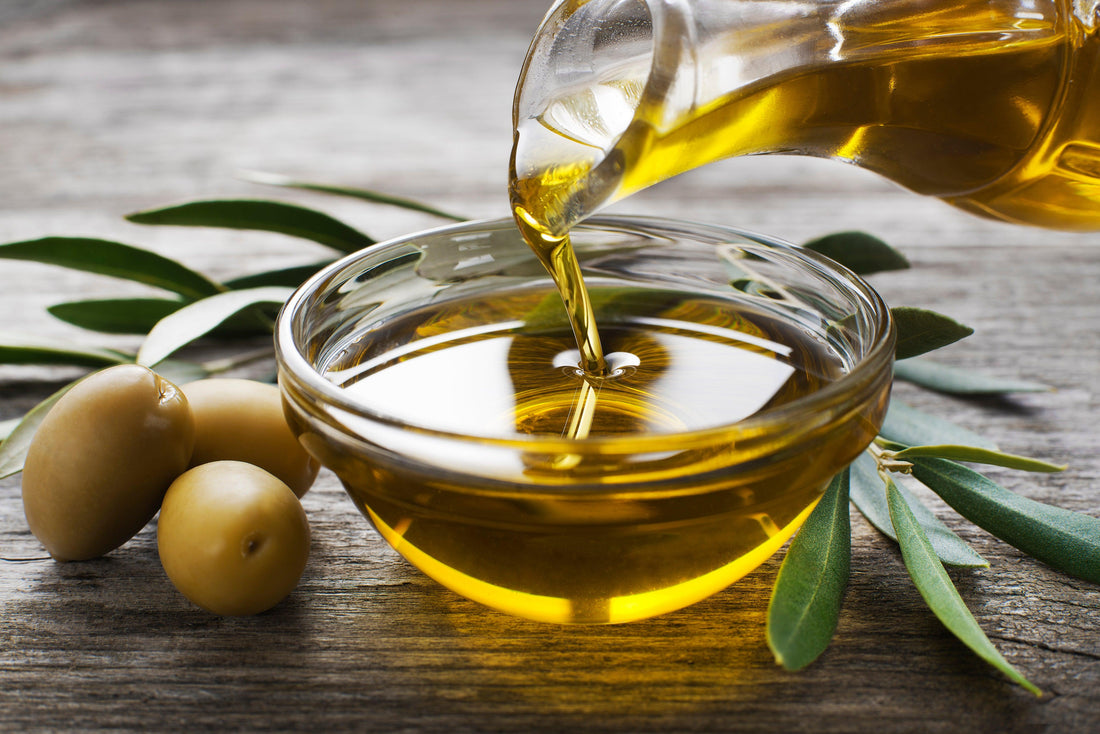Carrier oils, some times called base oils, are oils derived from seeds, nuts, beans, fruits and vegetables. They are called base oils as other ingredients are usually added to them, although they can be used alone or in combination with other base oils. They are used to make salves, lotions and creams, massage and body oils and even lathering agents for soaps. Essential oils may be diluted in base oils so they are safe to use. Most essential oils are too concentrated to be used directly on the skin.
When choosing carrier oils, it's important to note a couple of things. You will need to know your skin type. Each carrier oil has different properties and may not be beneficial for all skin types. It's also important to choose a minimally processed oil. The best oils will be organic, extracted naturally and not exposed to extreme heat during extraction. If an oil is not organic it may be from a GMO (genetically modified organism) and may have been exposed to pesticides.
Understanding basic processing and refining terms will help you choose the freshest oils. Unfortunately though, in the US, these terms aren't regulated so if in doubt, call the company and ask about the processing.
Cold pressed- Low heat mechanical extraction where temperatures are controlled between 80-90°F. These oils can be cold pressed: avocado, olive, pumpkin, flaxseed, sunflower, and peanut oils.
Expeller pressed- Oils are produced using mechanical pressure on a press where the frictional heat is kept between 120-125°F.
If the oil doesn't say cold or expeller pressed, it is probably processed in a very unhealthy way using chemical extraction which produces higher yields and is quicker and cheaper. The most common solvent is petroleum derived hexane gas.
Unrefined- The oil is mechanical screen filtered. There is no additional refining. The oil has a rich color and a strong flavor.
Partially refined- Used for oils that go rancid quickly or to remove heavy odors or deep colors.
Refined- Oils are exposed to all levels of temperatures from 450°F to -30°F.
Now that you know what to look for on the label, how do you choose the right oil for your skin? Each oil has a different make up of antioxidant properties, vitamins and minerals. Some oils are heavy and take a while to absorb. These may be great for the body but not the face. Others are thin and absorb more quickly making them perfect for the face but not desirable as massage oils. Some oils are comedogenic (they clog pores more easily) and others are fine for all skin types.
Below is a breakdown of some of the most common oils and which skin types they benefit. Hope this helps you choose the right oil for your skin!
NOURISH YOUR SKIN SAFELY®
begreenbathandbody.com
Here is a breakdown of some of the most common oils and which skin types they benefit.
|
Oil |
Skin Type |
Viscosity |
Penetration |
Other |
|
Almond |
all |
Light to medium weight |
Moderate |
70% oleic, 20% linoleic acid |
|
Apricot Kernel |
All, especially sensitive |
Light weight |
Fast |
Similar to almond oil, slightly astringent, 34% linoleic acid |
|
Argan |
All |
Light |
Fast |
Non greasy, excellent for anti-aging |
|
Avocado |
Dry, sensitive, damaged skin, eczema |
Heavy |
Moderate |
High in carotenoids, 20% linoleic and 12% of rare palmitoleic acid |
|
Borage |
Eczema, sensitive, mature |
Light weight |
Fast |
Goes rancid quickly. Use a 10% dilution, highest concentration of gamma linolenic acid-25% |
|
Coconut Oil |
Normal, Dry |
Light weight |
Fast |
Comedogenic- may clog pores, high in lauric acid |
|
Evening Primrose |
Eczema, psoriasis, damaged |
Light weight |
Fast |
10% gamma linolenic acid, use a 10% dilution. |
|
Grape seed |
All |
Light weight |
Fast |
76% linoleic acid, strengthens collagen, astringent qualities make it great for oily skin. |
|
Jojoba |
All, especially inflamed skin |
Medium weight |
Fast |
Emollient and regenerative, this is actually a wax not an oil, excellent for acne |
|
Macadamia |
Sensitive, damaged, mature |
Light to Medium weight |
Moderate |
60% oleic acid, 20% palmitoleic acid, anti-microbial and high in squalene |
|
Olive |
Normal, dry, mature |
Moderately heavy |
Moderate |
70% oleic acid, emollient, good source of squalene |
|
Rosehip |
All especially sensitive, damaged, mature |
Light to Medium |
Fast |
Equal alpha-linolenic and linoleic acids 40%, high in vitamins A, C, E, excellent for scars and blemishes |
|
Sesame |
Normal to dry |
Moderate |
Moderate |
Long shelf life and low natural spf, excellent anti-bacterial, 42% linoleic acid |
|
Soybean |
All |
Light |
Fast |
Use organic. 50% linoleic acid, high in lecithin, natural insect repelling qualities. |
|
Sunflower |
All |
Light to Medium |
Fast to Moderate |
High vitamin E content makes it very healing. |


1 comment
Excellent post, very informative. Thank you for sharing.